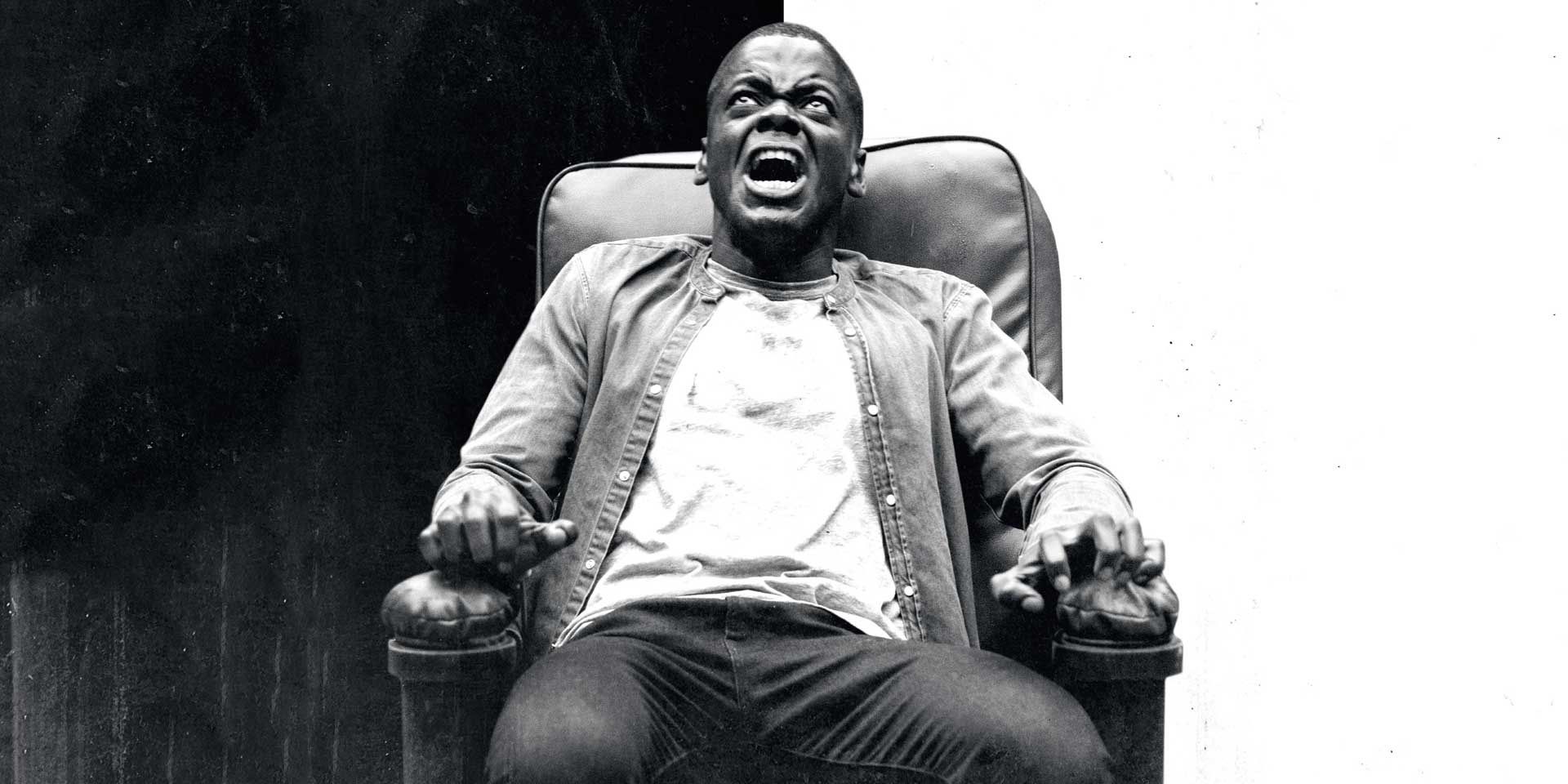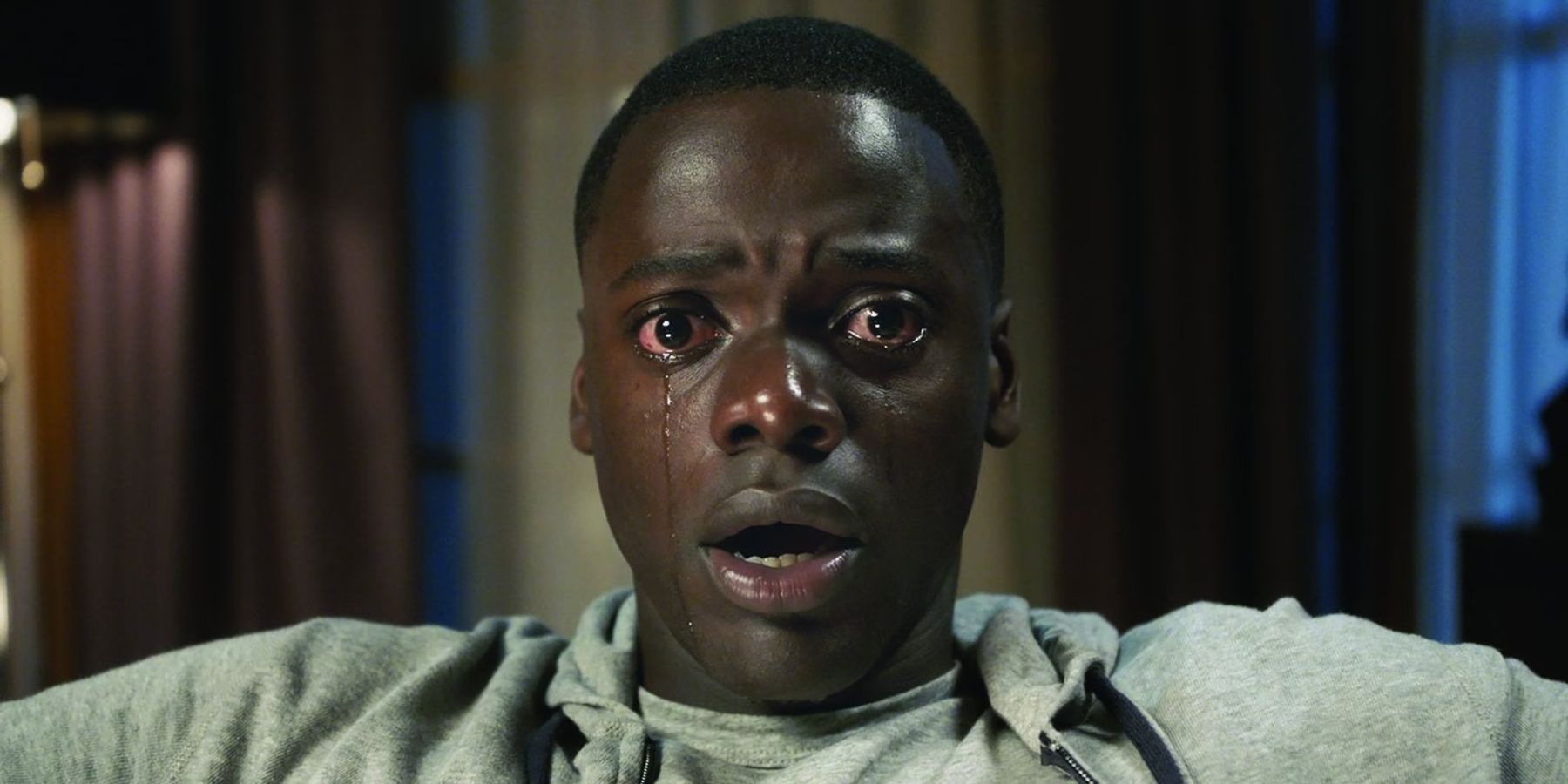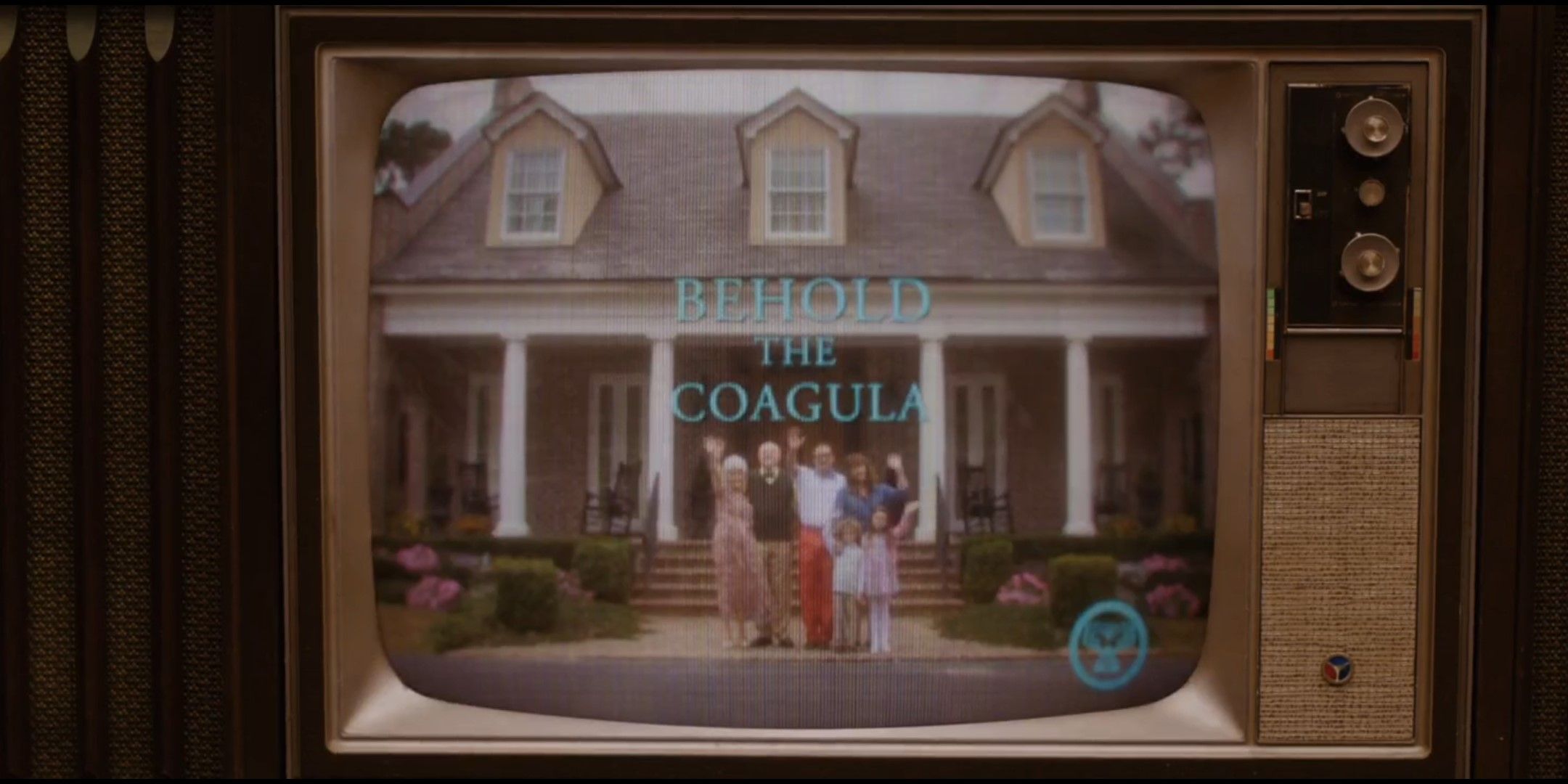
Unraveling the Mysterious Conclusion of Get Out

Discover the hidden messages behind the shocking finale of Jordan Peele's Get Out Unravel the Armitages' sinister motivations and delve into the mysterious Coagula
Jordan Peele's horror directorial debut, Get Out, was a worldwide success due to its captivating storyline and thought-provoking social commentary. The movie follows the journey of Chris Washington, a young and talented African-American photographer, who goes on a weekend getaway with his white girlfriend, Rose Armitage. During their trip, Chris meets Rose's wealthy and peculiar family, consisting of neurosurgeon Dean, psychiatrist Missy, and oddball brother Jeremy. As Chris is Rose's first black boyfriend, the Armitages act strangely around him, creating an unsettling atmosphere.
As the movie progresses, Chris becomes increasingly wary of the unusual behaviors and subtle acts of discrimination he experiences from Rose's family and their white guests. Among them is Jim Hudson (played by Stephen Root), a seemingly empathetic art dealer and collector who has lost his sight. Chris' suspicions heighten when he has a disturbing encounter with Logan (portrayed by LaKeith Stanfield), the only other black guest at a party in the Armitage household. During a phone conversation with his friend Rod (played by Lil Rel Howery), Chris discovers that Logan is actually a missing acquaintance of his.
Chris tries to escape as the situation becomes increasingly ominous, but he is subdued and rendered unconscious. When he awakens, he finds himself bound to a chair facing a television, and it is then that the Armitages' sinister plan is revealed. They have been luring African-Americans to their home and using hypnosis to transplant the consciousness of wealthy white people into their bodies. Chris realizes that the odd behavior of the white guests he met earlier was not due to unfamiliarity with black people, but rather because they were assessing him as a potential candidate for the procedure.
The highest bidder in the auction for Chris' body is Jim Hudson, who is fascinated by Chris' skill as a photographer and wants to experience the world through his eyes. However, Chris manages to free himself and confronts the Armitages, eliminating them one by one. As he is about to kill Rose, a police car arrives on the scene. Chris is resigned to the fact that he will not be believed and will likely end up in jail, but to his relief, it is his friend Rod in the patrol car. Together, they flee the burning Armitage home and leave their terrifying ordeal behind.
Why Did the Armitages Want Chris?
The conclusion of Get Out is intricate and delves into the complex themes of race, identity, and the commodification of black bodies. The film uses Chris' character development to explore the experience of being a person of color in western society. His journey highlights the challenges of maintaining one's identity and agency in the face of systemic racism and exploitation.
The Armitages' targeting of Chris is driven by their distorted perception of African-Americans. They see black bodies as mere vessels to be exploited, with the belief that combining the intellectual superiority of white people with the physical superiority of black people will lead to the creation of an ideal human being. Their motivations are rooted in racism, cultural appropriation, and a desire for domination. But why specifically choose Chris?
The Armitages were solely interested in the physical attributes of black people, requiring an athletic and healthy individual. Chris met all the necessary criteria except for one: he smoked. During his initial hypnosis with Missy, she utilized subconscious associations to help him quit smoking, viewing him only as a product and ensuring he was of the highest quality for their customers. In the film's climax, Chris discovers Rose's collection of "trophy photos" depicting seduced black men and women who had undergone the mind control procedure, now trapped in the Sunken Place with white individuals controlling their bodies. This obsession with the black body as a machine with desirable talents and attributes is further confirmed as Rose searches online for "Top NCAA prospects" to target as her next victim.
What is the Coagula?
In the climactic scene of the film, Chris is forced to watch an institutional video that introduces the concept of the Coagula. The video features Roman Armitage, the patriarch of the family, explaining the grotesque surgical procedure that his family has developed. The Coagula involves extracting the brains of elderly white individuals and transplanting them into the bodies of young, healthy African-Americans, resulting in a literal merging of identities. This horrifying procedure is a metaphor for the film's exploration of race, identity, and the dehumanization of black individuals. Roman's obsession with subverting nature stems from his belief that black individuals have an unfair biological advantage, as evidenced by Jesse Owens' victory over him in the Olympics. The ultimate goal of the Coagula is to allow white individuals to attain physical immortality while appropriating the talents and attributes of African-American culture. In this dystopian world, black bodies would exist only to be controlled by white minds, with black people's minds and souls forever silenced and imprisoned in the Sunken Place.
Get Out, the acclaimed horror film by Jordan Peele, skillfully weaves together themes of social commentary and psychological depth. The conclusion of the movie is a powerful culmination of character development and narrative themes, as it exposes the sinister motives of the Armitage family. The film forces audiences to confront uncomfortable truths about the commodification of black bodies and the insidious nature of racism.
The conclusion of Get Out emphasizes the significance of taking back control, questioning oppressive structures, and opposing the obliteration of personal identity. It serves as a potent reminder of the ongoing relevance of societal problems, urging viewers to confront the deep-seated prejudices that still exist. With its poignant narrative and thought-provoking examination of race, Get Out continues to encourage critical reflection and open discussion about the intricacies of identity and the dangers of cultural theft.









